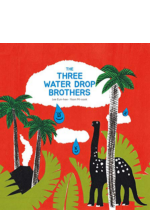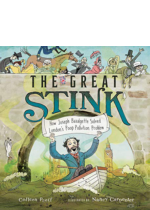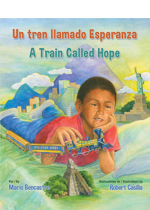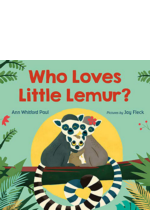
A long, long time ago, when the earth was extremely hot, a huge amount of vapor was released, creating clouds. As the clouds got bigger and heavier, it started to rain. Three of those raindrops were brothers who came down to cool the hot earth and traveled, as water does, to every corner of the earth, including apartment building pipes and muddy rivers. Written by a scientist, this is a great book for all curious children and budding young explorers.





